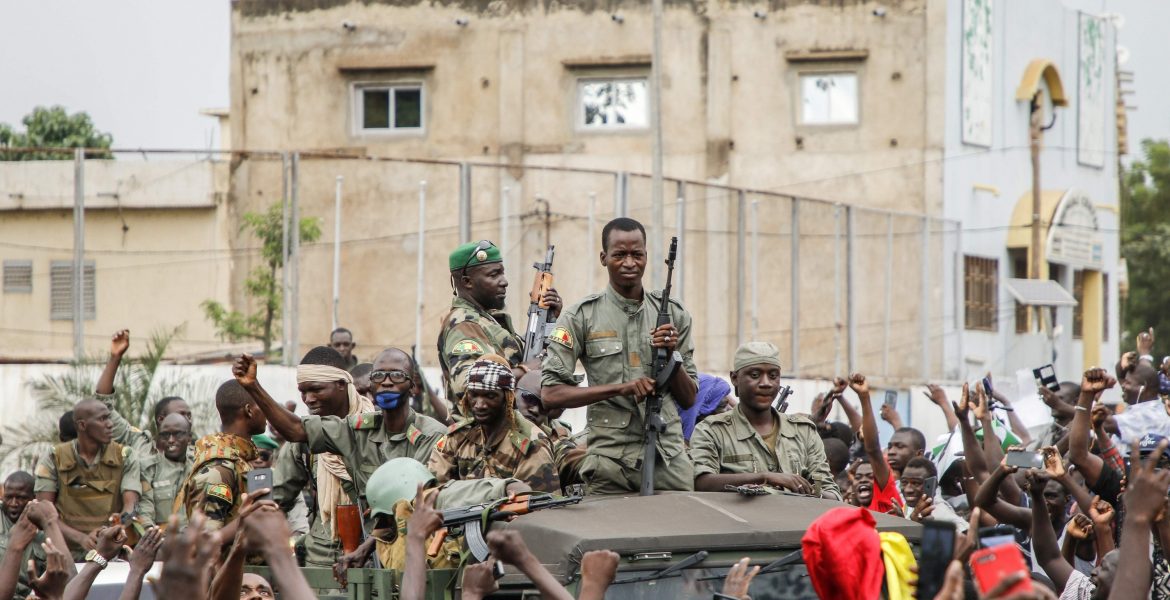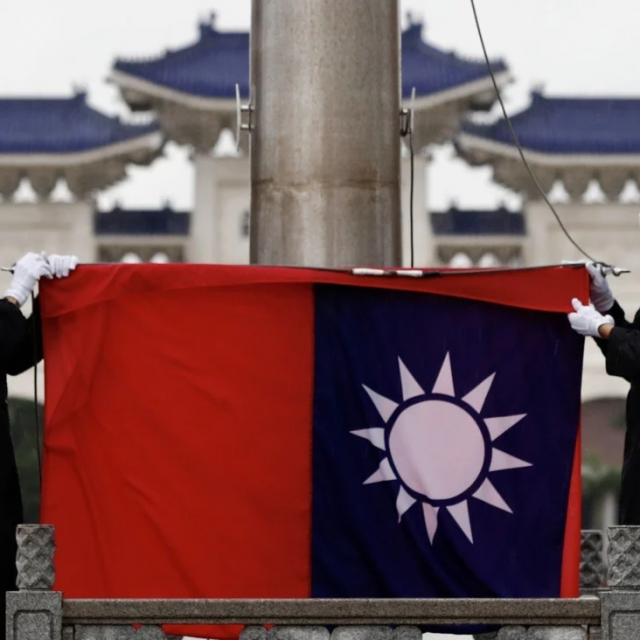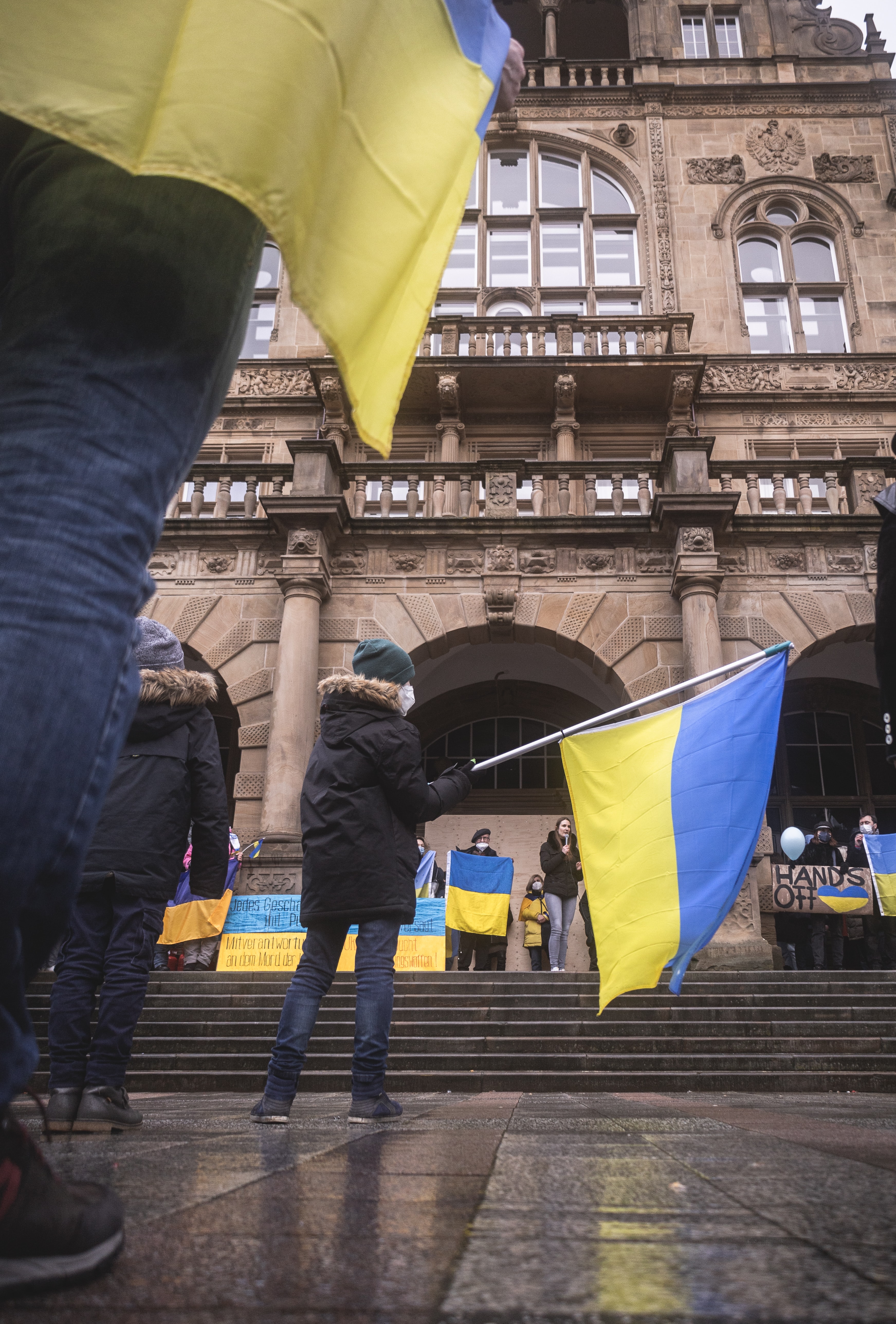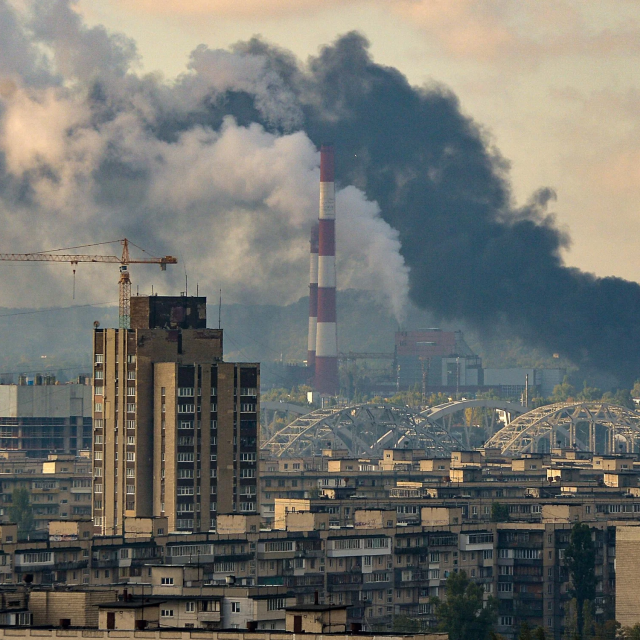In his The Dark Sahara (2009) and The Dying Sahara (2012), Jeremy Keenan argues that there is a danger of proxy hitmen in Mali, writes Abdelkader Filali.
Keenan is an anthropologist and an associate professor at the School of Oriental and African Studies in London who works as a consultant on the Sahara and the Sahel for many international organizations, including the United Nations, the European Commission and many others.
Independent commentators have suggested that all of the tactics and circumstantial evidence from the crime scene of the assassination of two Moroccan lorry drivers in Mali are supported by relevant analysis, precedents of earlier operations conducted by Algeria and they suggest Algerian misdirection about what has really happened. This is not something new.
The Renseignement et de la Sécurité DRS has recruited Sahrawis from Tindouf in the Algerian camps run by Polisario for terrorism in the Sahel. Keenan has long argued that Algeria is organizing extremists’ terrorist groups in North Africa, which in their turn give “false flag” attacks to expand Algerian political influence in the region
Algeria wages proxy hitmen in Mali after “being convinced” that the Moroccan Sahara is no longer a subject of discussion by Morocco. Algeria lacks the credibility and institutional capacity necessary to sustain capability. Using hitmen, however, gives Algeria the illusion that it could influence the course of events.
If the proxy is the force of hitmen, they often know the terrain better and can blend in a way that foreigners never can. Algeria lacks the power-projection capacity of Morocco and turns to proxies as a way to influence events far from their borders.
Algeria will deny that they are behind proxy hit men and will claim not to be involved in this strategy despite the long history of Guerguaret and an array of what seems to be a group of Sahrawis trying to create chaos in the busiest point of commerce exchange, and arming and supporting them with its own forces. At times other states may not know about foreign support or at least the extent of that support, but in others it is a convenient fiction: Not knowing, or at least not having to know because a rival trumpets its support publicly, allows a government not to respond when it would prefer to avoid the matter.
Algeria’s Strategy of Proxy Conflict against Morocco
Proxy warfare has many risks. Despite the power asymmetry, proxies almost invariably act according to their own interests and impulses. The very same tactics are used by Algeria today in its foreign policy goals, notably after a series of diplomatic defeats nationally, regionally, and internationally. These tactics are: Firstly, to undermine Morocco’s emerging power, by means of weakening the confidence and trust of Africans. The return of Morocco to the African Union has upset all Algerian dreams to manipulate and monopolise the African sphere. Secondly, to send into a foreign state hitmen and guerrillas to train and outfit the militia of Polisario who can cause disruption in the borderland areas like Guerguaret in the Moroccan and Mauritanian borders.
Thirdly, to justify its illusion, the military regime in Algeria presents a narrative built on nationalism and manhood. As for casualties during the assassination of two innocent Moroccan drivers, this is not new from a regime who expelled 40 thousand Moroccan families living in Algeria (approximately 350.000 individuals) in one morning during a great religious day, stripping them of their belongings and property.
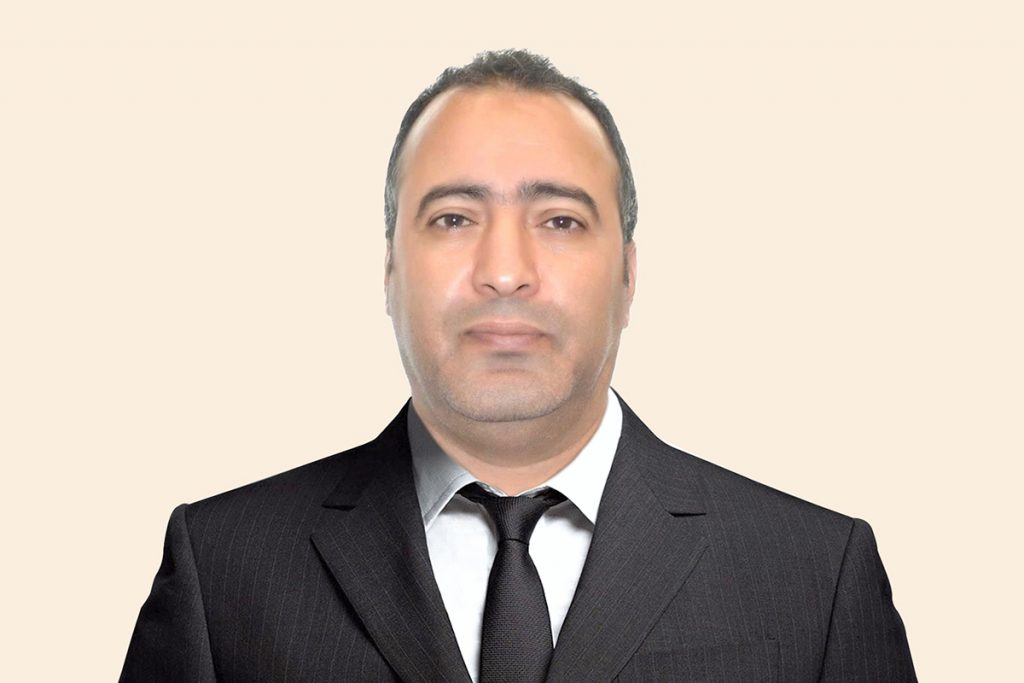
The Author, Dr Abdelkader Filali is a non Resident Fellow from the School of Political Studies, Saint Paul's University, Ottowa.
“The Dark Sahara” (2009) and “The Dying Sahara” (2012) by Jeremy Keenan, are published by Pluto Press

